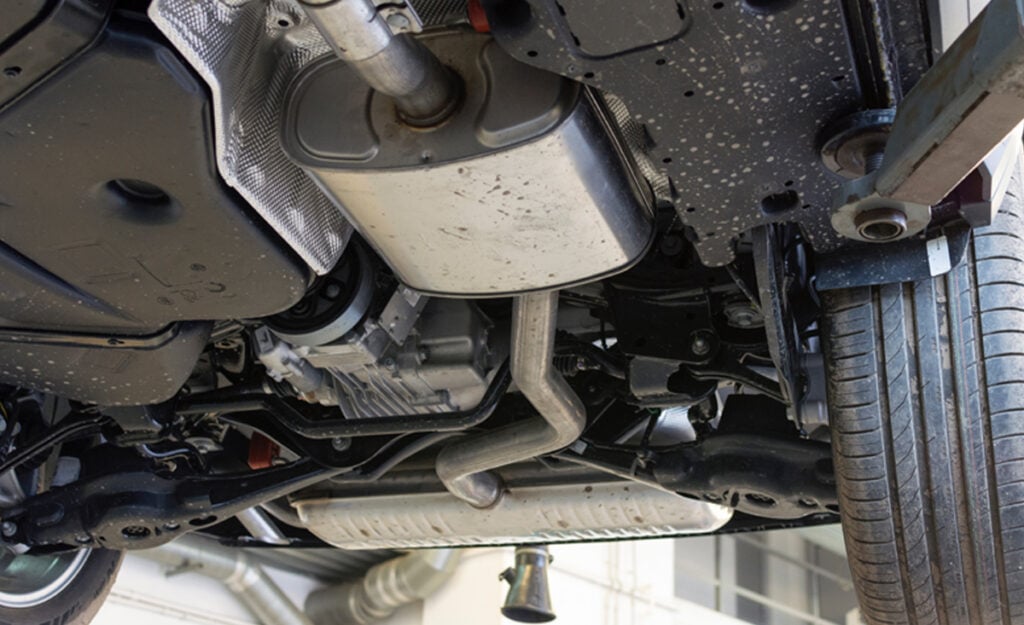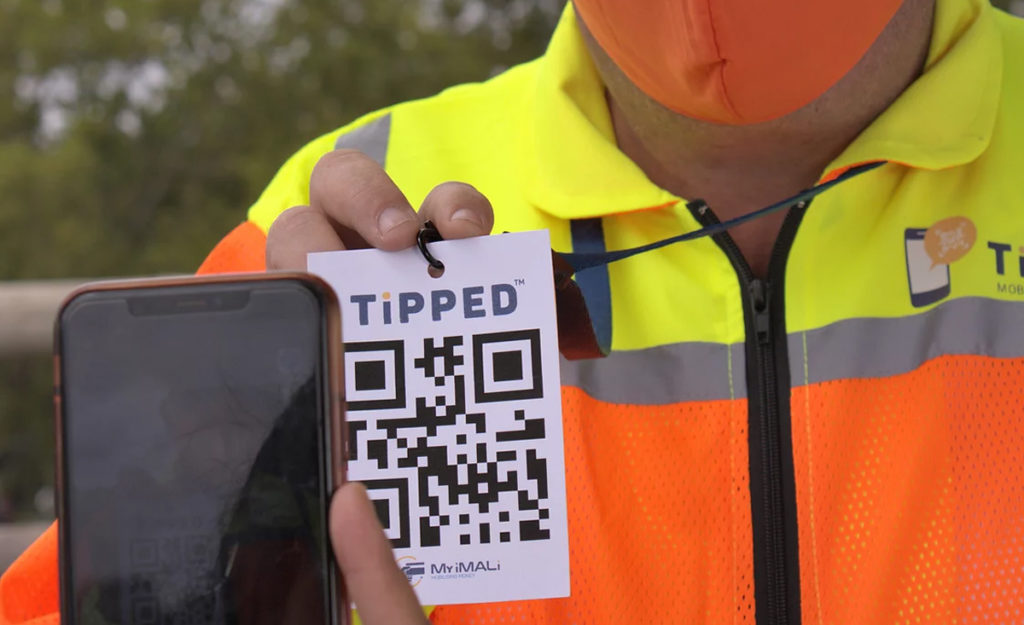
South Africa’s plans to reduce speed limits by 10km/h across the board will likely not have the desired outcome, said road safety expert Eugene Herbert, the CEO of MasterDrive.
Herbert contends that a reduction as minuscule as 10km/h will not affect the severity of car accidents for one simple reason – speedsters won’t care.
“If the 120km/h speed limit provided little deterrence to the 245km/h driver, the record for this festive season, decreasing this by 10, 20, or even 30km/h would not have changed anything,” said Herbert.
“Drivers causing serious high-speed crashes in South Africa are often not people driving the maximum speed limit but those blatantly disregarding it.”
Herbert highlighted that it has become customary in South Africa for motorists to use the so-called “fast lane” only if they are driving in excess of the speed limit.
“There is nationwide ‘dislike’ of anyone driving 120km/h or using it as a passing lane as it is meant to be legally,” he said.
That’s not to say that reduced speed caps will have no benefits at all, as it will likely have a positive impact on those that pose a lesser threat.
It will certainly reduce injuries, fatalities, and sometimes even create the ability to avoid a crash altogether.
“It does not, however, address challenges presented by the most dangerous transgressors,” Herbert highlighted.
The answer remains the same as always, which is the consistent enforcement of the current speed limits followed by execution of serious penalties and consequences.
“Currently, fear of consequences is not what it should be because of the belief that one can bribe their way out of penalties,” said Herbert.
“If the bribe is not accepted, there can be serious consequences like licence suspension, but often the penalties are focused on monetary penalties.”
It is thus the attitude of South African drivers that must be changed, instead of the well-thought-out legislation that is already in place.
The upcoming Administrative Adjudication of Road Traffic Offences Act, should it overcome its challenges, is expected to crack down on speeding more effectively as it will make it much easier for driver’s licences to be suspended.
At present, one must be arrested and convicted before the suspension or revoking of a licence will even be considered.
The decision also largely hinges on the speed, the circumstances of the case, and your driving history, meaning licence suspensions are rather rare in South Africa.
Until such time that Aarto comes into force, “more effort, government resources, and personal commitment to not speed will have a greater impact” than lowering speed limits, said Herbert.
A long process
It’s been over five years since the Department of Transport (DoT) and Road Traffic Management Corporation (RTMC) first announced their intention to slash speed restrictions in South Africa.
Initially, the plans included a reduction of 20km/h across the board, which would have effectively lowered maximum allowed speeds in residential areas to 40km/h and freeways to 100km/h.
At the time, authorities said an impact assessment study would be carried out before these changes were put into effect, and thereafter things went quiet.
The discussions were reignited in 2022 when the RTMC revealed in a parliamentary presentation that a programme was already underway to reduce the speed limits in urban areas, especially around schools and areas with frequent cyclists.
This time, it noted that the limits would be cut by 10km/h instead of the previously mentioned 20km/h based on recommendations by the United Nations.
It seemed that the ball was finally on the roll, but as time went by, it became clearer that it hadn’t yet overcome the strong static friction of bureaucracy.
Come October 2024, TopAuto got in contact with the RTMC to find out where things stood with regards to the new speed limits.
In response, it confirmed it had not yet implemented any of these proposed changes, but that the process was still ongoing behind the scenes.
“The changes have not been implemented. It is a long process [for] new regulations to be drafted [and] presented to Parliament before they are promulgated and ready for implementation,” said the RTMC without further elaboration.
It seems the process is still ongoing five years after it was first mentioned. As of January 2025, the RTMC has made no further public comment on the planned changes.









